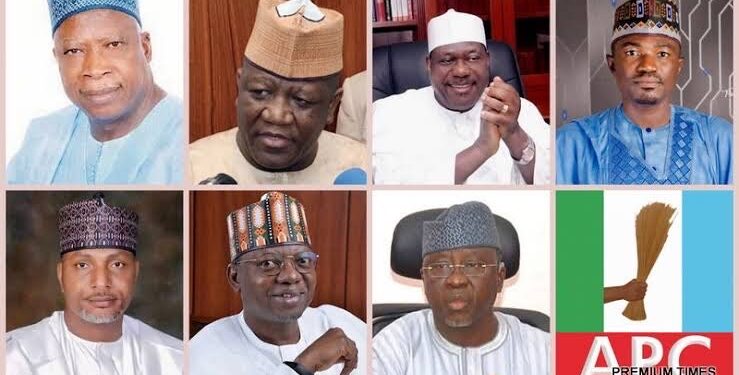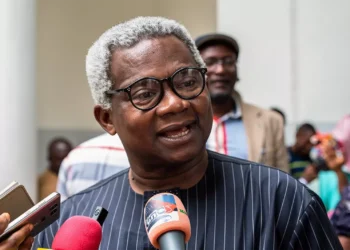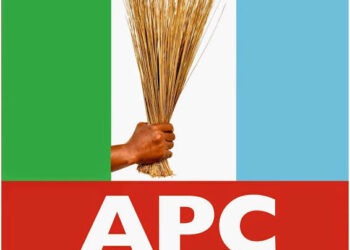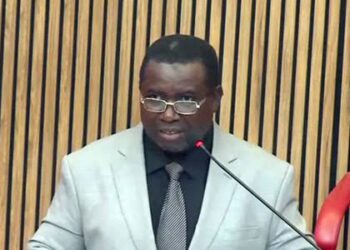Former National Vice Chairman (North-West) of the All Progressives Congress (APC), Salihu Moh Lukman, candidly acknowledged that his ruling party has failed to meet the expectations of many Nigerians in governing the country over the past nine years. He also delivered a harsh assessment of Nigeria’s 25-year fourth republic, lamenting that the welfare of Nigerians has undeniably deteriorated, with increased rates of unemployment and poverty, along with persistent mismanagement of national resources resulting in a prevalent crisis of insecurity and threats to human lives becoming the new norm.
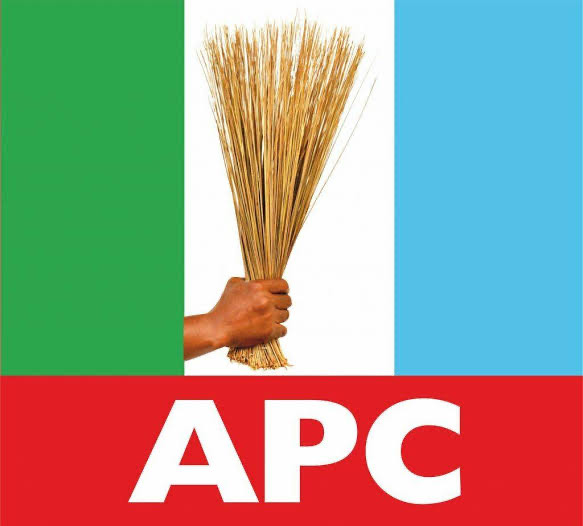
The former Director General of APC Progressive Governors Forum (PGF) underscored the disheartening reality that whenever a glimmer of political hope emerges, it ultimately leads to disillusionment with elusive politics. Lukman, in a statement released in Abuja on Tuesday, stated: “First and foremost, as I reflect on this matter, I wish to affirm my allegiance to the APC and acknowledge that the past nine years have regrettably fallen short of the expectations of Nigerians. I make this acknowledgment as an individual dedicated to progressive politics, grounded in the belief that a key aspect of being a progressive is the ability to identify challenges through an accurate assessment of realities.
“An accurate assessment of reality involves candid criticism and taking ownership of one’s actions. It does not entail justifying choices or turning a blind eye to challenges and realities. When opposition party leaders successfully united in July 2013, the hope of Nigerians was that the APC would usher in more accountable leaders capable of offering sincere critiques and charting a course towards overcoming the nation’s developmental hurdles.
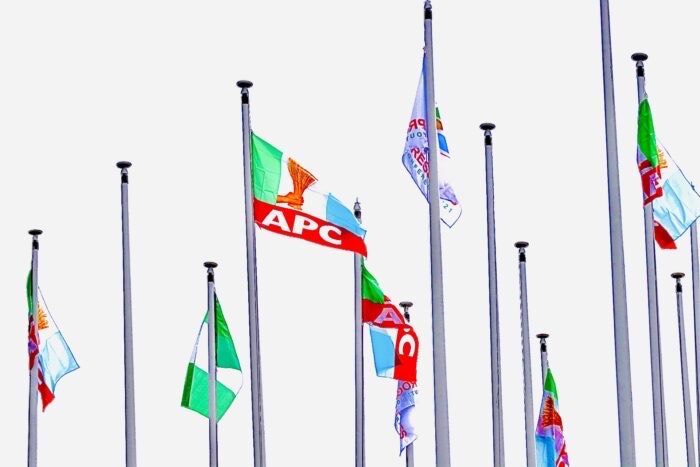
“Without delving into specifics, these expectations remain unmet, causing immense frustration among Nigerians towards both the APC as a party, the leaders it has produced, and the democratic system as a whole,” he remarked.
Expanding on his evaluation, Lukman asserted: “The unfortunate truth is that each time a glimmer of political promise emerges, even with popular support, it turns out to be a facade, essentially a scenario of being ensnared in an illusion of politics. The APC, as a beacon of political optimism that emerged in 2013 and ascended to power in 2015, has thus far metamorphosed into another disappointing phenomenon of political disillusionment.
“Originally established with the ambition of evolving into a progressive party, it has plummeted beneath the standards expected of a political party, let alone one that identifies as progressive. At present, its leadership disregards its own constitution, fails to convene meetings, and operates without any form of accountability.
“Since its assumption of power in 2015, with former President Muhammadu Buhari at the helm, the party’s manifesto has been largely neglected, and the party’s leaders wield minimal influence over the governance structures at all levels. The processes of government appointments and policy decisions have been monopolized by the President at the national level and Governors at the state level. Resembling the era of military rule when citizens were relegated to mere spectators, under the APC, party officials and members have been relegated to the same role,” he contended.
In his assessment of Nigerian democracy, he observed: “Regrettably, a quarter of a century later, the welfare of Nigerians has unquestionably deteriorated. Rates of unemployment and poverty have surged, and the mismanagement of national resources persists to the extent that the crisis of insecurity and endangerment of human lives have become the prevailing reality. What is even more distressing is that the elected governments, across all levels, are performing even worse than military regimes.”
From: Nwakaji Peace Martins


